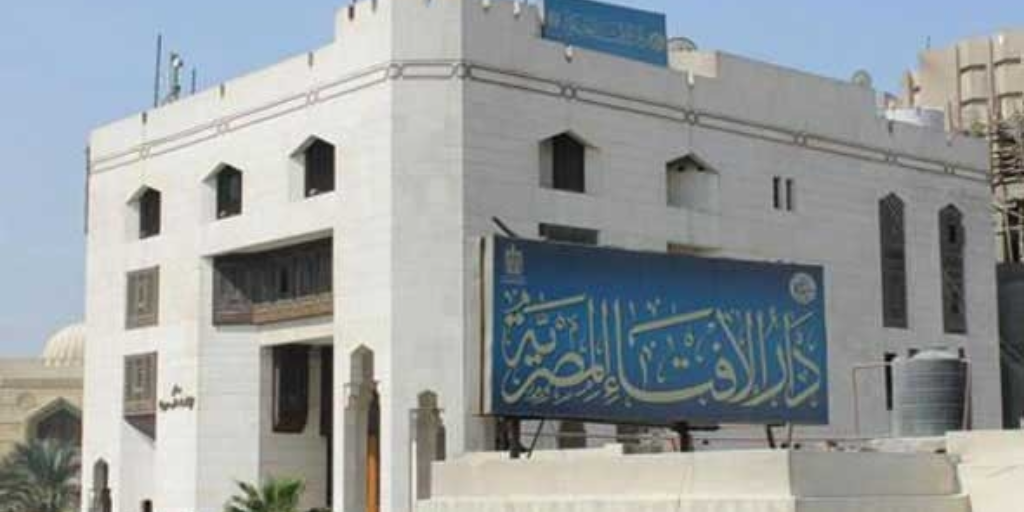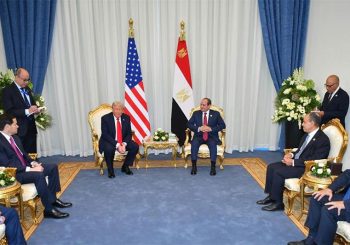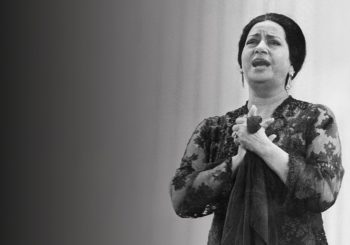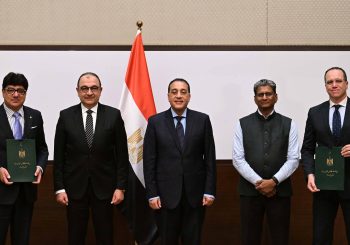Egypt’s Dar Al-Ifta issued a fatwa (religious edict), published on its official Facebook page, saying that “openly violating the fast during Ramadan does not fall under personal freedom, but rather is a kind of chaos and assault on the sanctity of Islam.”
The fatwa, issued on Sunday, goes on to say that publicly violating the fast is equivalent to publicizing sinning and is a sin because it goes against the “public decency in Muslim countries and a blatant violation of the sanctity of society.”
Social media users responded to the edict largely by voicing their frustration and claiming that it is an infringement on personal freedoms.

Translation: You don’t live alone in this country and incitement against eating publicly is incitement against me personally because I will practice my complete personal freedom, and if I acted otherwise it would be out of my own tastefulness, not because I’m being forced to or because I’m afraid of incitement against non-fasters from the likes of you – yes, what you are doing is incitement against all non-fasters and accusing them of violating the respect of Islamic sanctities and you’re opening the door for any deluded person to defend the sanctity of Islam by attacking non-fasters
Egypt is not the country of Muslims; it is the country of all Egyptians, even for atheists
Translation: Once upon a time, a conservative society’s feelings get hurt when someone eats in front of someone who is fasting, and when an elderly woman from the religious minority is dragged and stripped of her clothing, they tell her not to make a big deal out of it
Dar Al-Ifta is Egypt’s institute for the issuing of religious edicts and Islamic legal research. Although it is the official source for edicts, the fatwas it issues are not legally binding.
The holy month of Ramadan is one of the five pillars of Islam. During the month-long fasting period, able-bodied adult Muslims are required to abstain from eating, drinking, having sexual relations and engaging in “bad behavior” beginning at dawn and ending when the sun sets.
Those exempted from fasting during Ramadan include pregnant women, as well as individuals who are ill, traveling, or of old age. If possible, those who are unable to fast during Ramadan are expected to make up for the lost days later on.







Comments (0)